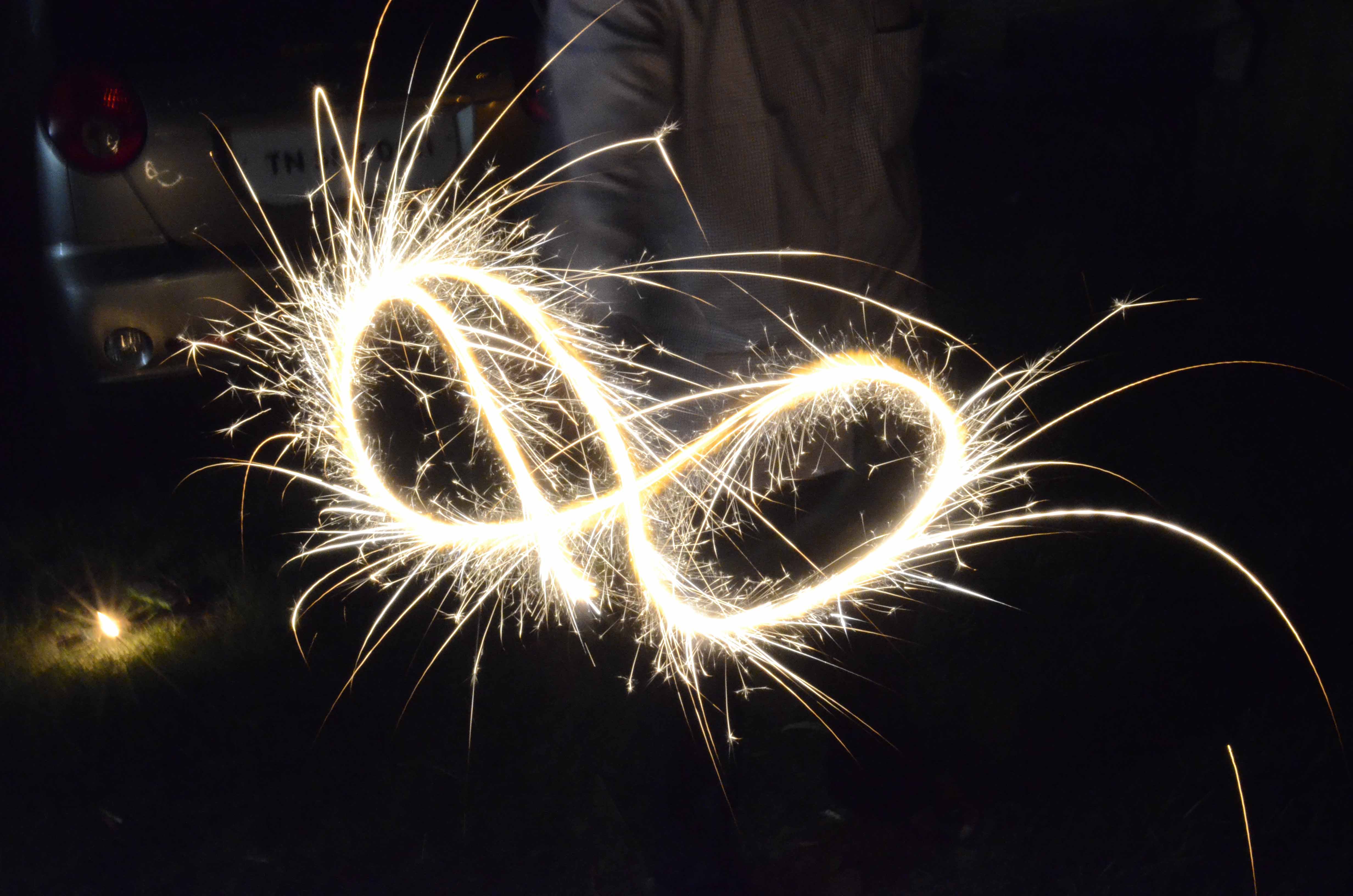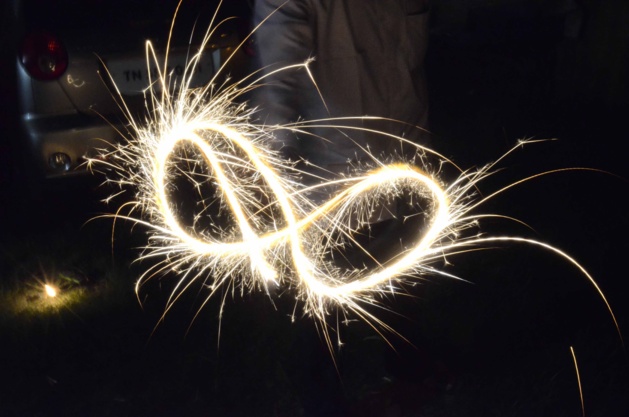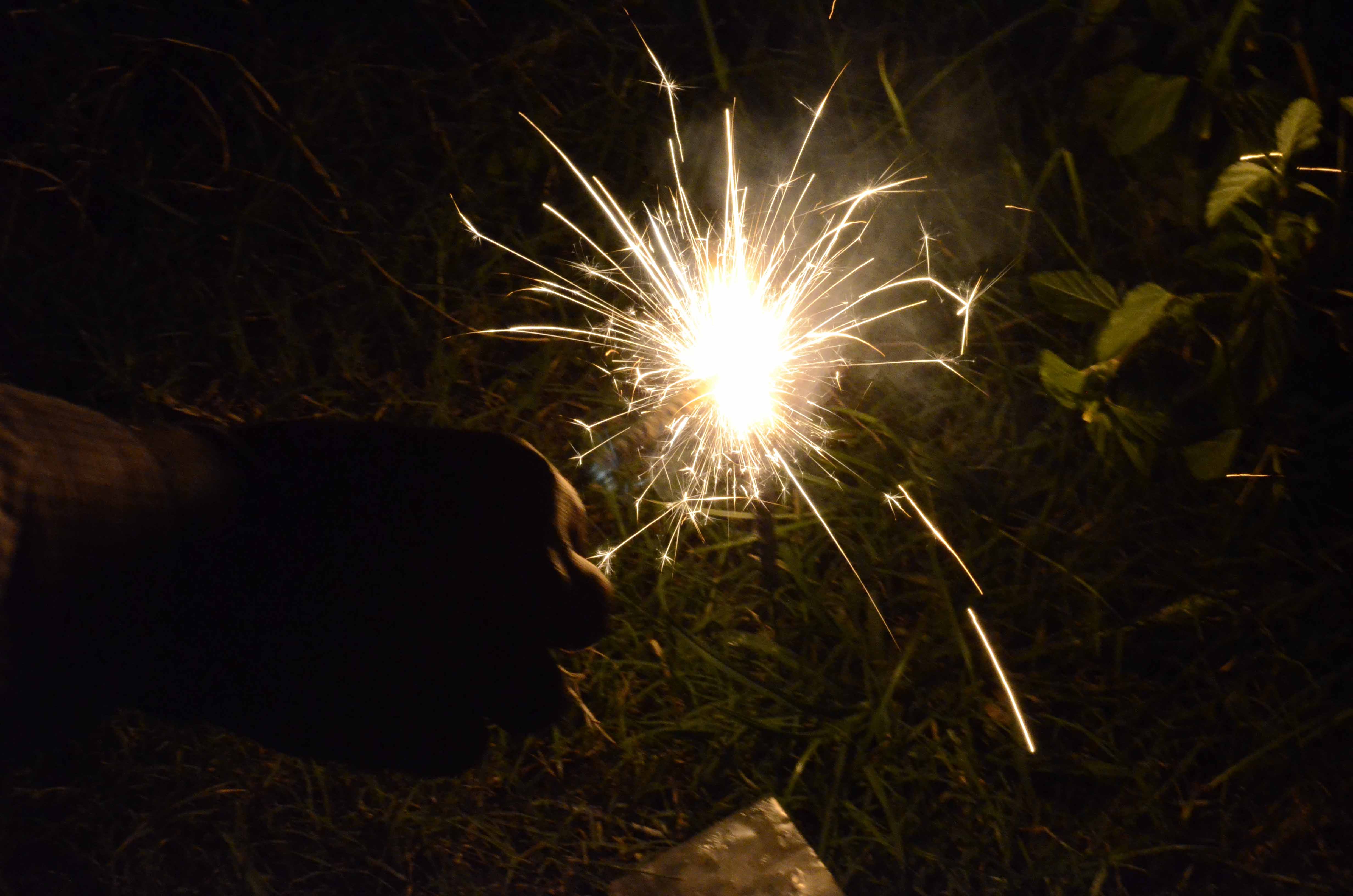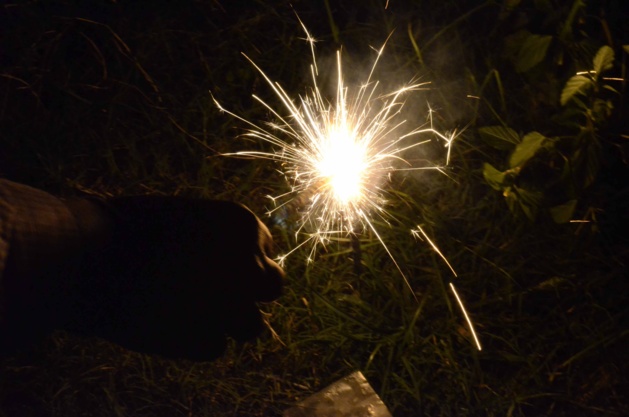Diwali is a celebration that spans the entire country of India. Crackers, colorful lights and fireworks fill the ears with sounds of bursting crackers and confer a treat to the eyes. It is a big time festival for Hindus. People visit friends, family and relatives and it is also a time for reunion. Mouth watering sweets and eatables are prepared in the house in large quantities to give away to relatives visiting their homes. Though the festival only lasts a day, its aftermath sometimes lasts for over a few days. The new moon night is illuminated with colorful light decorations and fireworks.
Though there are two different legends existing for the same festival, religious experts argue on which was the first legend to have started the festival of Diwali. Looking at the order of incarnations of Lord Vishnu, Lord Rama comes before Krishna. Hence, it is logical to conclude that this practice is said to have begun in Lord Rama’s time. But the debate still continues and no one has been able to reach a logical conclusion.
Though there are two different legends existing for the same festival, religious experts argue on which was the first legend to have started the festival of Diwali. Looking at the order of incarnations of Lord Vishnu, Lord Rama comes before Krishna. Hence, it is logical to conclude that this practice is said to have begun in Lord Rama’s time. But the debate still continues and no one has been able to reach a logical conclusion.
The return of Lord Rama
The celebration in the northern part of India varies by a day when compared to their southern counterparts. In the North, the celebration is to mark the return of Lord Rama, an incarnation of Lord Vishnu, to his kingdom, Ayodhya after living in exile for fourteen years. This also marks the return of their king after defeating Ravana of Lanka and rescuing his wife Sita. The practice is said to have begun from that time when the people of Ayodhya celebrated his return.
It is a different story altogether in South India. Legend is that, a demon king called Narakasura had been tormenting people for a long time when Lord Krishna, who is best known worldwide to be the epicenter of Bhagwat Gita, killed him. Lord Krishna is also an incarnation of Vishnu. People celebrated marking the fall of the evil demon king and the practice has been continuing from then on.
It is a different story altogether in South India. Legend is that, a demon king called Narakasura had been tormenting people for a long time when Lord Krishna, who is best known worldwide to be the epicenter of Bhagwat Gita, killed him. Lord Krishna is also an incarnation of Vishnu. People celebrated marking the fall of the evil demon king and the practice has been continuing from then on.
The dark side of Diwali
Just like two sides of a coin, there is a darker side to this luminous festival. The cracker industry in India is based solely in a district called Sivakasi in Tamil Nadu, southern India. The entire industry is unregulated, though the government has stipulated several norms, the industries seldom do comply. One of the main concerns of the government and NGO’s is that this industry makes use of child labor to a great extent.
The Indian constitution does not allow children below the age of fourteen to be employed in hazardous work places. Though such an act is a violation of a fundamental right in the constitution, actions of authorities to enforce seem to be futile. The district witnesses accidents in firecracker industries sometime or the other, big or small. The government begins enforcing and framing policies prohibiting employing children in such factories. Violation of which was said to attract a heavy fine and other punitive measures such as jail term and revocation of license granted for the functioning of the industry.
The Indian constitution does not allow children below the age of fourteen to be employed in hazardous work places. Though such an act is a violation of a fundamental right in the constitution, actions of authorities to enforce seem to be futile. The district witnesses accidents in firecracker industries sometime or the other, big or small. The government begins enforcing and framing policies prohibiting employing children in such factories. Violation of which was said to attract a heavy fine and other punitive measures such as jail term and revocation of license granted for the functioning of the industry.
The Indian are divided
Though most part of the country takes part in celebration, there is a very small portion who voices their views against such celebrations. Most of them are part of NGOs working for Child rights or acting with environmental concern. A member of one of these NGO said, he renounced the celebration due to the fact that “these crackers come from the labor of children”. One other NGO claims firecrackers to be detrimental to the already damaged environment and says the smoke and gases released harm the atmosphere.
Right wing group members have come out hard against such practices and said these celebrations were carried on for several generations and it is necessary for the present generation to do the same. In spite of such many differences in opinions making their rounds, this year’s Diwali was celebrated with equal joy as any other year. Whether detrimental to the environment or not, focus must also be given to this occasion as a time to spend more quality time with family and relatives, which is hard to come by in this fast moving world. Hence it would be wise enough to capitalize on such opportunities and emphasize more on human relations, in order to have a well balanced life.
Right wing group members have come out hard against such practices and said these celebrations were carried on for several generations and it is necessary for the present generation to do the same. In spite of such many differences in opinions making their rounds, this year’s Diwali was celebrated with equal joy as any other year. Whether detrimental to the environment or not, focus must also be given to this occasion as a time to spend more quality time with family and relatives, which is hard to come by in this fast moving world. Hence it would be wise enough to capitalize on such opportunities and emphasize more on human relations, in order to have a well balanced life.
































